


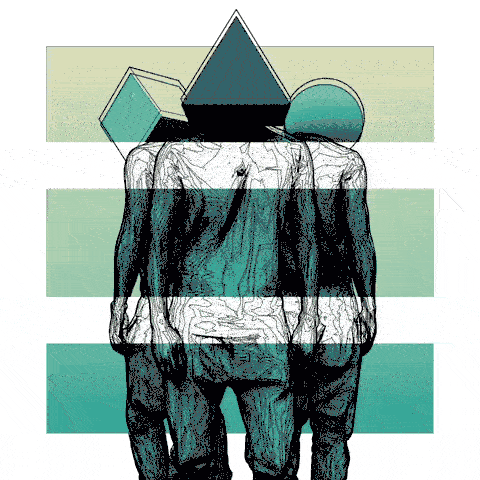
At KidsKops (A venture by BRIO Group), our mission is to empower the next generation by transforming young rebels into confident, responsible, and inspiring role models. We believe every child has untapped potential that, when guided with care, discipline, growth standards, and positive mentorship, can lead to extraordinary personal growth. Our purpose is not merely to correct behaviour but to build strong productive growth standards that foster self-awareness, emotional intelligence, resilience, consistency, patience, and a sense of purpose.
Our mission includes the holistic development of all kids by encouraging curiosity, adaptability, and positive communication, while teaching the value of respect, honesty, and community service. By focusing on essential growth qualities, our programs strengthen discipline, organization, responsibility, creativity, and empathy, equipping children to navigate life’s challenges with confidence and integrity.
We envision a world where every child becomes a responsible leader and positive influence within their family and society. We are committed to building a future where empowered, self-driven youth lead with kindness, purpose, and integrity — one kid at a time.
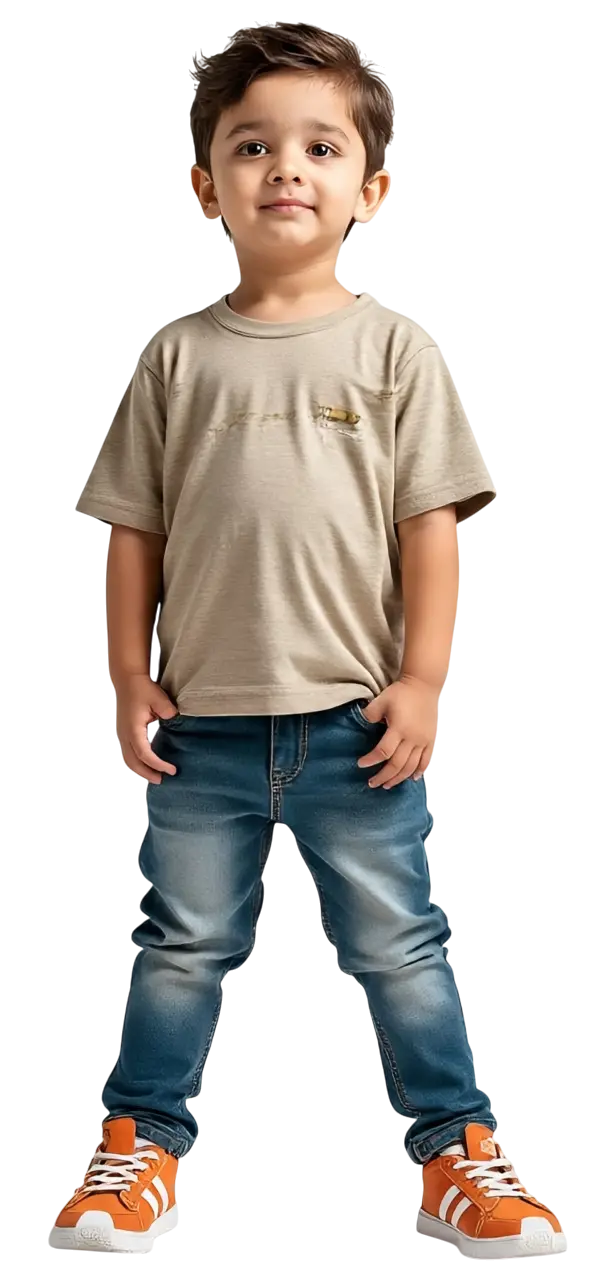
REBEL'S
Age
5-8
years
> > >

REBEL'S
Age
9-13
years
>>>

REBEL'S
Age
14-17
years
>>>

REBEL'S
Age
18+
years
>>>
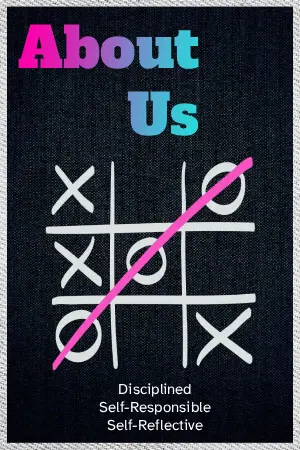

At KidsKops (A venture by BRIO GROUP), we believe every individual—whether a child, teen, or young adult—holds immense untapped potential. Our mission is to transform rebels, rule-breakers, and lost youth into confident, responsible, and inspiring role models. We understand that traditional systems often fail to address the root causes of rebellion, bad habits, and lack of direction. That’s why we focus not on punishment, but on deep, lasting transformation through understanding, skill-building, and emotional growth.
For kids aged 5 to 8, we lay the foundation of discipline, curiosity, and kindness through playful yet structured activities designed to cultivate early responsibility and positive habits. Pre-teens (9–13 years) are guided to channel their independence into leadership, critical thinking, and empathy, turning defiance into purpose. Teenagers (14–17 years) are mentored to embrace accountability, emotional intelligence, and future readiness, evolving into confident decision-makers. For young adults (18+ years), our most intensive programs focus on radical personal reinvention—empowering them to break free from destructive patterns, gain clarity, and take charge of their life’s direction.
Our approach is practical, compassionate, and results-driven, involving the active participation of family to ensure a sustainable transformation. At KidsKops, we don’t just change behavior; we build character, inspire confidence, and shape future leaders.
X
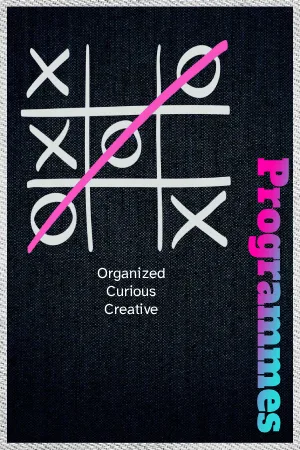

SPARK TO SHINE
age group: 5-8 years

EVOLVING BRILLIANCE
age group: 9-13 years

TEEN 2.0
age group: 14-17 years

REBUILDING DESTINY
age group: 18 & above


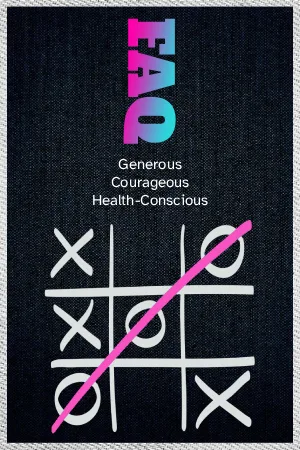

Q. What is your core approach to handle a rebel kid?
Q. Do you work with both male and female rebel kids?
Q. How are you qualified to handle rebel kids?
Q. What if my kid shows no interest in the program?
Q. How long does the transformation take?
Q. Is parental involvement required?
Q. Is the program suitable for every child?
Q. How frequently do your officers visit?
Q. Will my child feel singled out or embarrassed?
Q. How do you track progress?
Q. Do you use medication or therapy?
Q. What are your charges?
Q. How are you different from a child therapist, psychologist, or neurologist?
Q. Do you help kids with Autism, ADHD, Speech Delay, or Learning Disabilities?

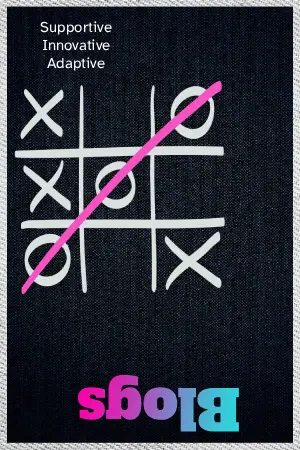

 X
X

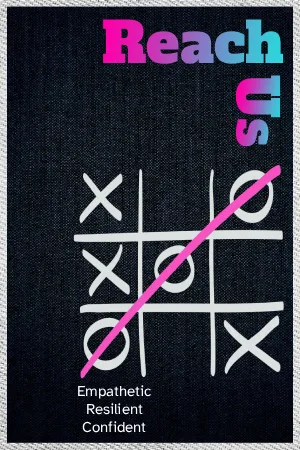

+91 - 93212-87210
team.kidskops@gmail.com
Aston Building, Sundarvan Complex, Lokhandwala Rd.,
Andheri(W), Mumbai - 400053
(Appointment Only)
